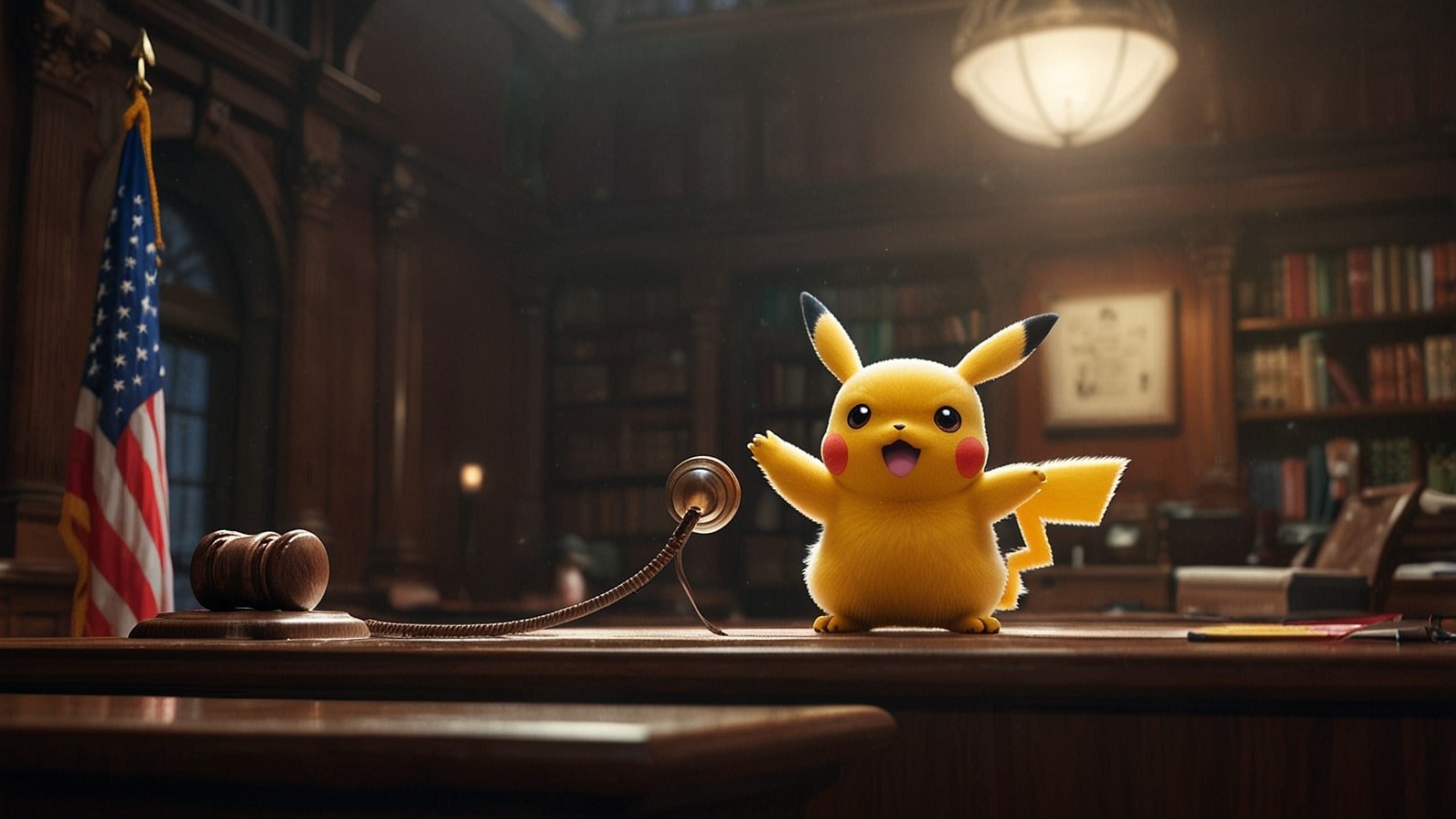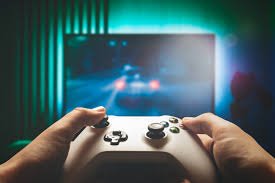Nintendo Adjusts Emergency Patent Amid Palworld Lawsuit Fears

Amid the current hype of amending a patent by a giant in the gaming industry such as Nintendo on July 19, 2025, a twist in the flow of action in the game world came as the game maker announced that it would amend the patent due to the fear of loss in the current lawsuits it has against the Pocketpair, the makers of the first work of a game entitled Palworld. Like in any intellectual property conflict in the industry, the stakes are high, and the development, documented by sectors of the gaming community and triggered by posts on X, begs questions regarding the strategic positioning that Nintendo took to defend its legacy.
The Palworld Phenomenon and Nintendo’s Response
Palworld, commonly referred to as the “gun version” of Pokémon, has achieved significant success, having entered its early access phase. The game is a hybrid between creature-collectors and a survival game with crafting, produced by a Japanese studio (Pocketpair), which logically brings comparisons with the Nintendo tour de force, Pokémon. Although the premise that Palworld equips its characters and creatures with weaponry has given this game its distinctive edge, Nintendo has claimed that the match infringes on its IP rights, particularly in how the game and its systems of creature collection were designed and executed.
The case filed by Nintendo earlier this year asserts that the game mechanics and the character design of Palworld are too similar to those of Pokémon. This series has been considered a genre master since its inception. The case has taken the world by storm, as it may provide a precedent for how intellectual property is applied in the gaming market, particularly with games that feature elements inspired by existing all-stars. However, in current events, it appears that Nintendo is not as sure about its legal ground as it was earlier in the case, and it has taken a rushed action to seal its case and ensure it adjusts its patent to its advantage.
The Patent Play
To sources familiar with the case, Nintendo submitted an emergency amendment to one of the existing patents concerning creature-collecting mechanics. The amendment, in which one of the authors of this patrimony text referred to it as a defensive maneuver, reveals itself as an attempt to specify and broaden the sphere of Nintendo’s intellectual property protection. Although the nature of the patent modifications is a closely guarded secret, industry observers believe that Nintendo is attempting to strengthen its case in court by revising the description of game dynamics that Palworld replicates.
This is an uncharacteristic step of Nintendo, which is very particular about the matter of intellectual property. The gaming giant has been in the habit of overly defending its franchises, as evident in the court battle against ROM sites and the numerous takedown notices issued to fan-made works. However, the fact that the case was altered during the progress of the lawsuit is an indication of a possible flaw in Nintendo’s claim. It might be speculated that Pocketpair’s focus on the unique survival and crafting aspects of Palworld defense presented areas of vulnerability in the patents initially filed by Nintendo.
Industry Implications
Legal disputes over intellectual property are not uncommon in the gaming world, where Nintendo’s patent adjustments highlight the complexities of protecting game-based mechanics in a contemporary era of genre-intensive creativity. What game mechanics like catching creatures or levelling them up have in common is that it is more difficult to copyright them when compared to character designs or to individual assets, since they are more elusive in terms of legal grounds. It is possible that Nintendo may have tried to tighten its patent in an attempt to set a larger precedent, which may set out to dictate how future games in the genre of creature collecting will be made.
In the case of Pocketpair, the stakes will be high as well. The success of Palworld has brought it some indie success as millions of players flock to its profane retort on an otherwise traditional formula. A court defeat may economically cripple the Pocketpair studio by requiring the company to either redesign the fundamental Palworld mechanics or pay substantial damages, thereby hindering studio growth. On the other hand, a win may spur further developers to work against established franchises, and give a push to the limits of what is inspiring and what is infringing.
Community Reaction
Today, the gaming community has taken up the matter in full swing, and X is abuzz with speculation and discussion. On the one hand, some proponents of Palworld claim that Nintendo’s amendment of the patent is to be regarded as an act of desperation, which means that Nintendo is desperate in setting its position. On the other hand, faithful to Nintendo, the argument is that the guarantee of intellectual property protection is the company’s right, and the similarities in creature design between Pokémon and Palworld are too obvious. It has led to an opposing dialogue where one side has accused Nintendo of killing creativity, and the other cautions that allowing imitation to go unpunished will water down the originality of the beloved franchises.
The situation in the X can be viewed as part of a broader attitude towards the legality of the gaming industry. There was a lot of frustration with the number of lawsuits each time, with some users saying that it takes resources away from making the games. Other players view the action of Nintendo as an attempt to safeguard its brand, as the company draws closer to launching its new-generation Switch 2 console, whose titles will include Donkey Kong Bananza, which will be built on its most famous intellectual property.
What’s Next for Nintendo and Pocketpair?
Everyone will closely watch the next step in the lawsuit to see what the patent amendment by Nintendo will do to the court verdict. According to legal authorities, the amendment has the potential to halt the process, as legal representatives of Pocketpair will likely take time to review the revised patent. This may take the case to late 2025 or even further, adding doubt to both the companies and their fans.
The result of this litigation will have long-term implications for Nintendo. A good win followed by a claim of its intellectual property rights would prove it more powerful in the category of creature-collecting games. In contrast, a defeat would only teach the other game-makers to exercise more risk with the Pokémon-style mechanics. In the case of Pocketpair, it is a fight to survive: financially and creatively. The decision regarding the lawsuit may determine the future of Palworld, including its ability to enable multiplayer in the future.
A Wider Thought
The current news highlights the notion that there is a fine line between innovation and imitation in the gaming industry. Such controversies will likely increase as games become increasingly complex and genres continue to merge. The amendment of the patent by Nintendo might be a strategic step in one litigation case. Still, it raises a much bigger issue: how can we enforce creativity without killing it? At least, gamers could only wait and see the course of this legal drama, in the meantime exploring the dynamic and hectic world of Palworld and the timeless heritage of Pokémon.



